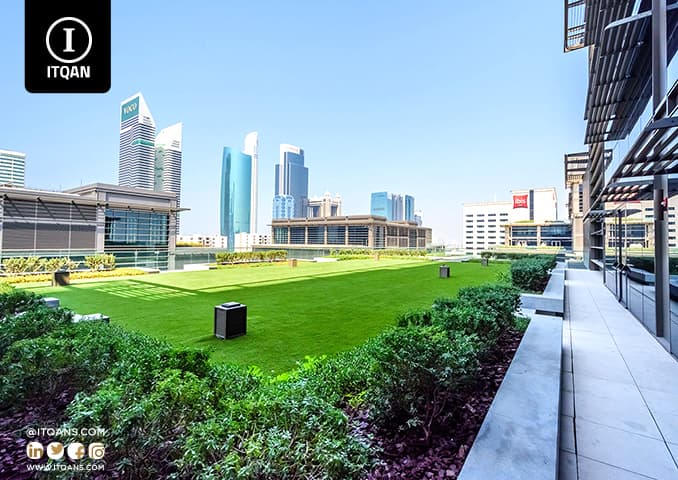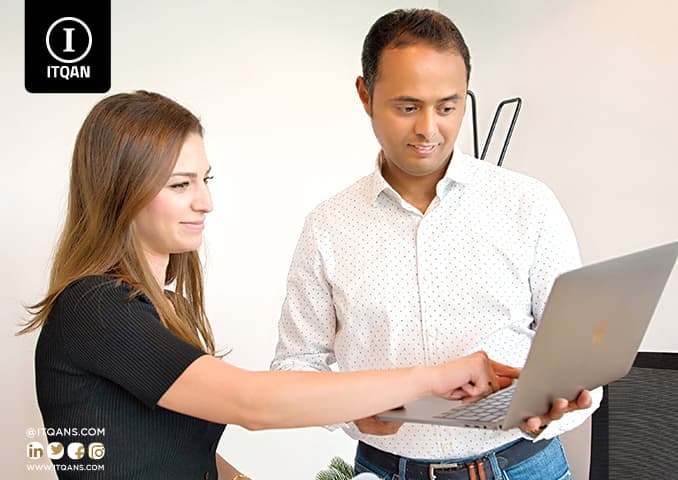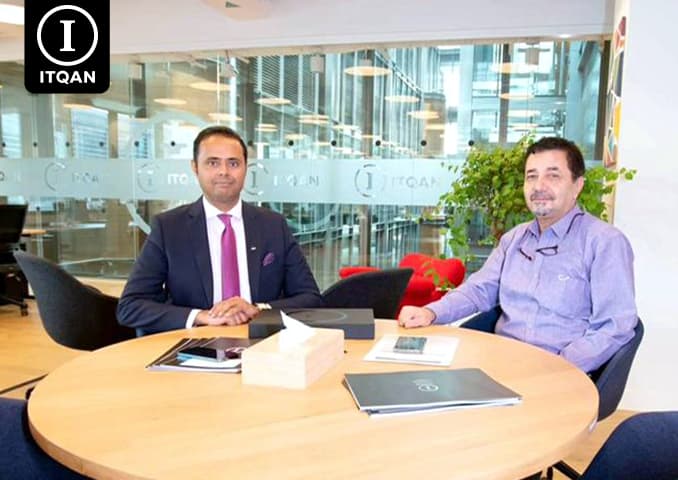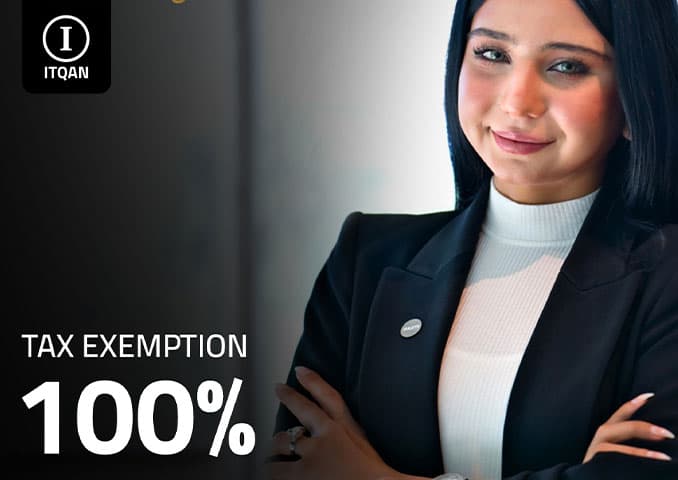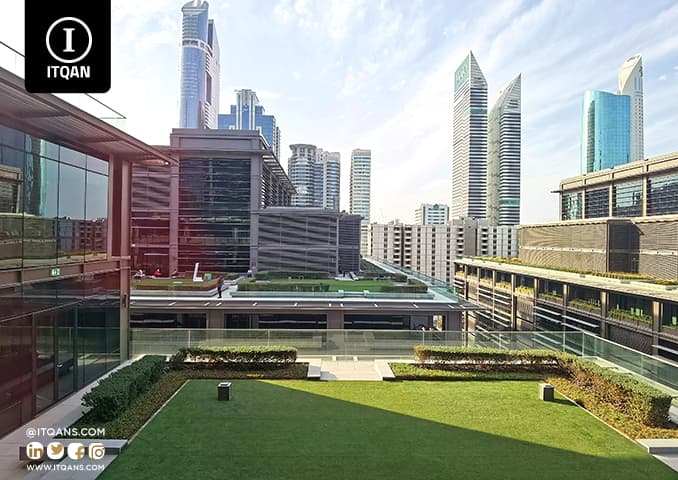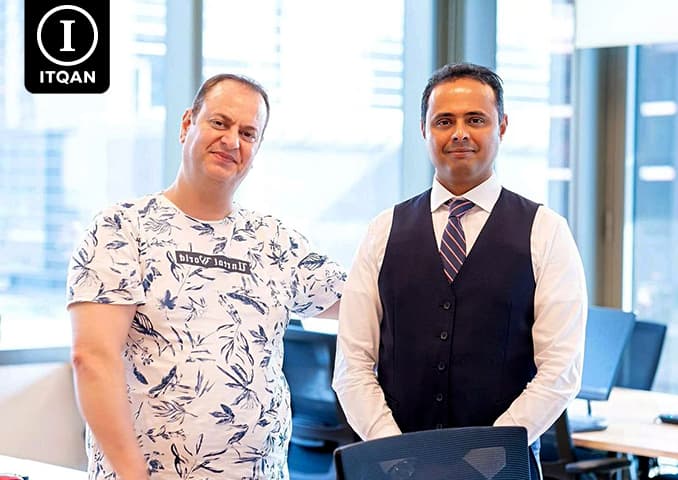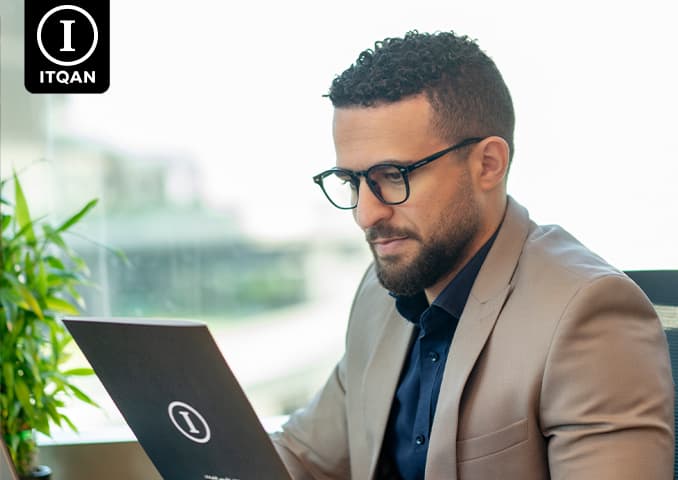Ways and advantages of investing in Dubai
Dubai is one of the most prominent investment destinations in the world, as investment methods and features in Dubai provide endless opportunities for investors from all over the world. The city enjoys an encouraging investment environment, supported by government policies that support growth and innovation. Investment methods and features in Dubai make it an ideal […]




